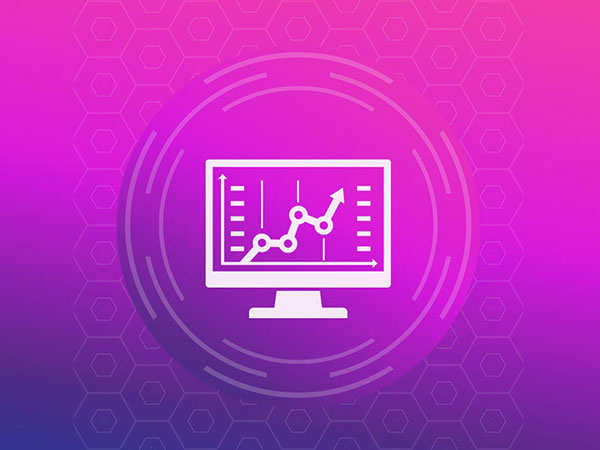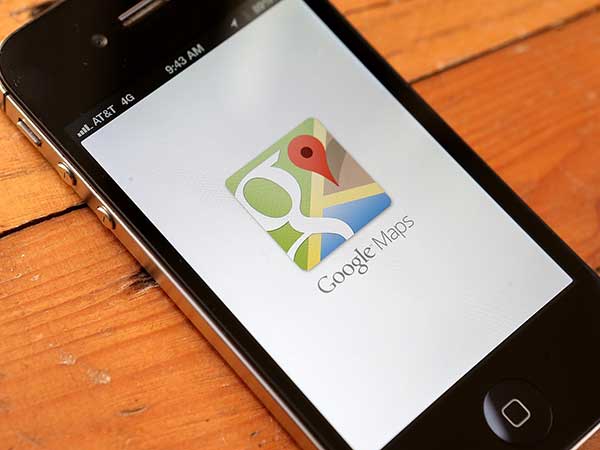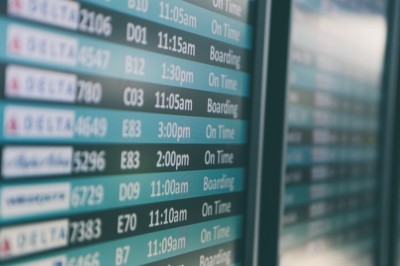How did you book your airline tickets for your last vacation? Kayak. How did you book the hotel stay for the last business trip? Hotels.com. How do you book your car rentals for your weekend getaways? Enterprise.com. Where do you look for the best deals for local wining and dining? Groupon.
What Does It Mean?
Clearly, it would not be an exaggeration to say that computing and the web have completely turned the travel and hospitality industry on its head – software, data, comparison searches, price aggregators and online deals/booking have become such a fundamental part of the landscape that it would be hard to imagine the sector operating without an extensive role for IT systems.
Big Data and Hospitality – A Match Made in The Cloud?
Enabled by the wealth of data being collected, analysed, aggregated and exchanged, the revolution is now moving forward into even more exciting realms. Big Data has well and truly arrived at the Travel and Hospitality station! Whether you are a customer who wants a super-easy booking process, a hotel executive who wants advanced customer analytics to design better loyalty programs or an airline representative who wants a better check-in process at the airport, Big Data will impact you significantly for the better. Let us examine the key avenues for the Big Data revolution in the travel and hospitality sector.
Enhancing the customer experience
The capabilities offered by Big Data for improving and enhancing the customer experience are endless. Take the case of one of my colleague from Cloudwards checking into a hotel in Baltimore, MD at the airport after a short flight from Boston, MA. He has stayed at the same hotel chain a couple of times in the last month while travelling, albeit at other destinations.
- Big Data analytics can provide the reservation desk support staff prompts related to the kind of room he had booked and any special requests made during the last two stays. Such prompts can help the desk staff proactively ask the traveller about his requirements, thus increasing customer satisfaction.
- If the hotel booking is a part of a combination flight+hotel booking, the staff can use flight delay information to provide the traveller a complimentary coupon for a meal to help the travellers settle in after delayed arrival
- The staff can also ask him if a rental car or taxi would be immediately required should be he be running late for a meeting
Big Data can enable several such small but impactful improvements in customer touch-points.
Superior Analytics For Increased Profitability And Build Customer Loyalty
The capacity for analytics powered by Big Data to drive business outcomes such as profitability, repeat revenue and customer loyalty is relevant not only for large travel companies such as Marriott’s but also for aggregators such as Expedia and Travelocity.
Consider the case of a hotel chain in a high-spend destination like Las Vegas where the hotel is co-located with a casino (with which it has an arrangement to drive traffic and gain customers).
Subject to privacy policies governing the sharing of customer data with affiliates and non-affiliated companies, analytics can provide information to the hotel related to food and beverage spends by high-spending customers at the casino. Based on this, the hotel can provide suitable coupons to such customers. Once the trip is completed, the customer can be marked for special promotional campaigns offering Hotel+Casino deals in Vegas for the next holiday weekend. Time invested by staff in converting high-spending customers to repeat customers provides a high RoI due to positive impacts on both revenue and profitability.
Analytics to enable better yield-management
At its core, yield-management in the hotel industry revolves around pricing optimization where the goal is to ensure that rooms are on offer for the optimal price at any point in time. Room pricing is dependent upon total room supply available in the local market, the season of the year, weather conditions and the calendar of major events happening in the vicinity among other factors. Various kinds of big data analytics can be enabled to help in improved yield management.
For instance, consider the case of a hotel chain trying to determine optimal pricing for its room supply during the Baseball world-series in NYC. Big analytics can enable the processing of all these inputs towards this goal.
- Pricing and rooms data from all local hotels the last World Series was held in a different city
- Total anticipated room demand due to major events happening in NYC during the World series
- Data related to prevailing weather conditions – high and low temperatures, humidity
- Predicted increase/decrease in room demand from the historical median owing to prevailing weather conditions (snowstorms/heat waves/extreme wintry chill/ approaching tropical storms)
Driving improvements in marketing
Companies in the Travel and hospitality sector are among the highest spenders in sales and marketing related initiatives. Big data analytics generated and provided by aggregators such as Expedia and Travelocity can provide extremely powerful insights to travel and hospitality companies (their clients). Given that aggregators often provide a single point for managing bookings for flights, hotels and vacations, they are best placed to be able to generate analytical insights related to customer behavior.
Take the case of a customer who has made a flight booking from New York City to Charlotte, NC and has stayed with Starwoods hotels on a prior trip to Charlotte (for which the hotel booking had been made through the aggregator’s web-site). The aggregator has the data available to determine the customer as a hot prospect for a Starwoods hotel booking this time too. So the aggregator web-site can immediately go ahead and display an ad related to a great deal on offer at the Starwoods hotel in Charlotte, NC. And not just that, given the high chances of conversion, the aggregator can also go ahead and send an email with the offer details to the customer.
Big data for increased operational efficiency
Apart from the marketing side, Big Data can also enable increased efficiencies in operational initiatives. There are multiple internal avenues where travel and hospitality companies can leverage Big Data, ranging from electricity and water consumption at properties to something as mundane as detergent consumption for linen at each property. By aggregating data from multiple properties in one application and dashboard, senior management gains the ability to integrate consumption data from various properties and derive actionable insights for planning, strategy, costing and decision-making.




![Ride-sharing impact on drunk driving in the US [Infographic]](https://crayondata.ai/wp-content/uploads/2022/05/driving-1.jpg)


